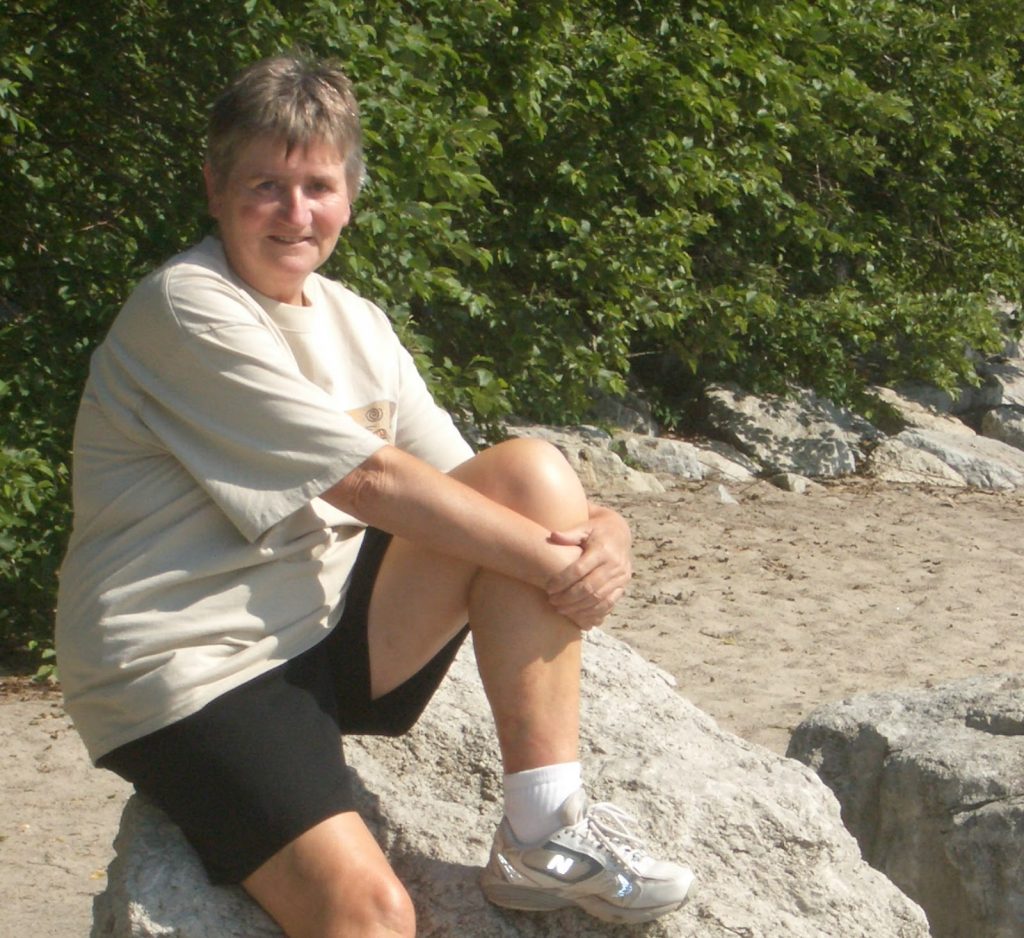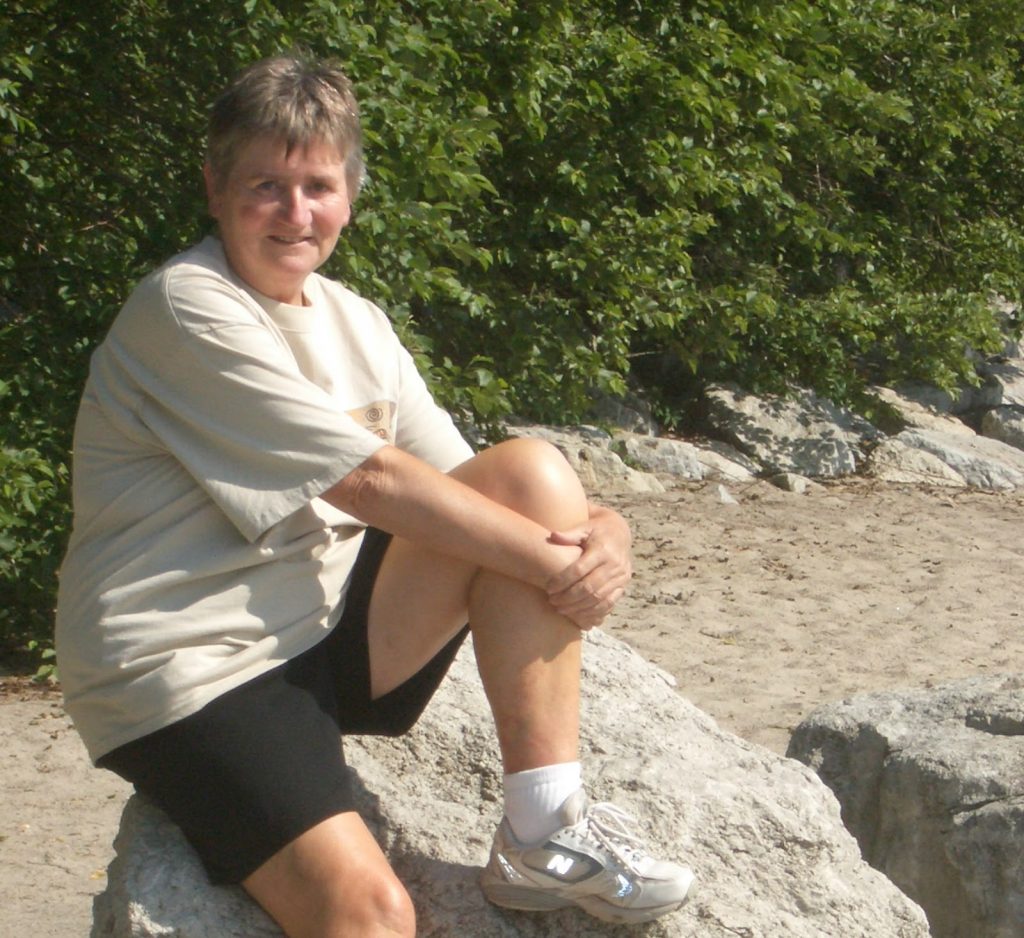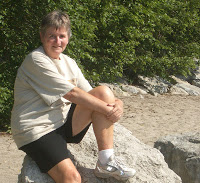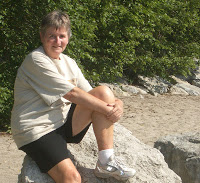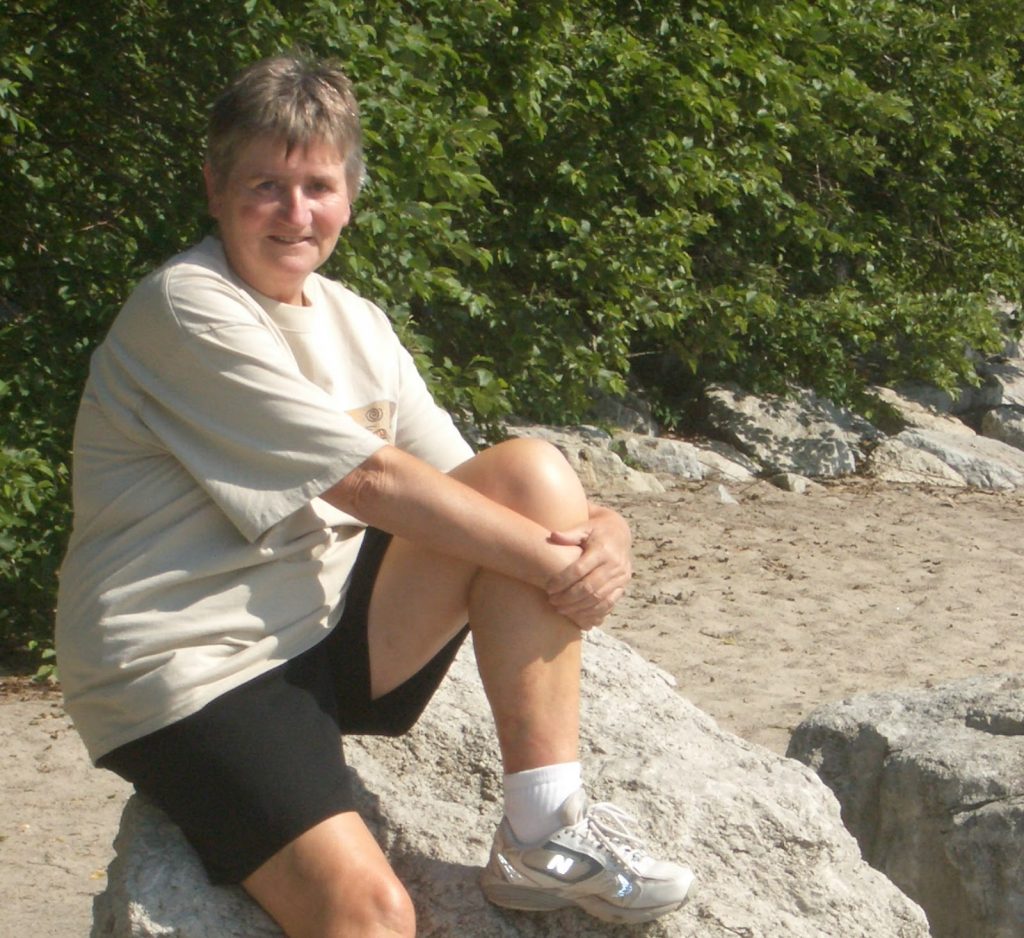The first three little words that I remember having any effect on my life were “Digging For Victory” although, born as I was in Britain smack in the middle of World War Two, I can’t really have been old enough to comprehend the significance of that slogan except in retrospect.
“Digging for Victory” encouraged turning all private lawns and flower gardens, and all public parks and sports fields, into vegetable plots or small animal farms, in order to make Britain self-sufficient in food rather than importing food via merchant sea vessels subject to German attack.
The program in fact probably saved the British population from starvation as the war lengthened and the attacks on shipping became increasingly successful.
It also continued for years after the war ended and I guess that is when I remember it from; the songs, the posters, the pamphlets lying around the house and everybody digging, digging, weeding, hoeing, bartering a basket of potatoes for a pitcher of goats’ milk.
Of course, to me, there was nothing different; life had always been like that. We had goats and chickens and pigs in our back yard, and no flowers grew except for a tiny plot behind the house where it was essentially hidden from view and over which I know my mother struggled with considerable guilt, but she could not bring herself to abandon her beloved roses.
In those days I think every back must have ached, and just occasionally I still recall, mainly when my back hurts, a ridiculous line from a Digging for Victory ditty.
“And when your back aches, laugh with glee, and keep on digging.”
A “V” for Victory campaign, another three-worder, was launched in 1941, though this was more one of signs than words. People were asked to demonstrate their support for the Allies by flashing the Churchillian “V” hand signal and chalking up the letter “V” wherever and whenever they could. People all over occupied Europe were urged to display the letter “V” and beat out the “V” sound in Morse Code (three dots and a dash.)
It was soon realized that the three short notes and one long at the start of Beethoven’s Fifth echoed the Morse code for “victory”. Those notes probably became the most played music in Europe during the war years.
“Campaign for Nuclear Disarmament”, formed in the U.K. in 1957, is definitely not three small words and its slogan became Ban the Bomb.
Every Easter weekend while I was in college I traveled to London on a chartered bus overstuffed with students and righteous zeal, to take part in the annual peace rally. There was a wonderful camaraderie at these gatherings, but whether they actually changed anything, who knows. And whether it would have been better if they had, who knows.
Maybe we had it all wrong.
Perhaps it was simply the balance of nuclear weapons on both sides that kept the Cold War cold, and all of us from descending into some nuclear winter.
By the time I became settled in the U.S., the Vietnam protests were getting underway.
It was all “Stop the War and End the Draft”. Again I joined in marches, and eventually our wishes were met, though not until we had ruined a whole generation of young men. The term Vietnam Vet rarely conjures up a positive picture.
Ending the draft meant people no longer having to live in fear of themselves or their loved ones being sent off unwillingly to yet another Hell on Earth – three more little words that are not, in fact, like all these other examples of three little words, small at all.
But perhaps we got that wrong, too.
Now we still manage to create new slices of Hell, but those who go there are overwhelmingly the poor and uneducated whose best, perhaps only, chance of employment is the Military. Those with more to lose, are protected by those with little or nothing.
Hard to celebrate.
“Stop the War “ protests will probably, sadly, never disappear because the wars never do. Just the names are different.
Along came Iraq. More protest marches.
Two sets of three little words that I much appreciated when used together were “Support Our Troops – Bring Them Home”. And finally, as we hear the sabers rattling over Iran, they are home, at least from Iraq.
And maybe even that was nothing to wish for.
In Vietnam 2.6 soldiers survived their wounds for every one battlefield death. The ratio is now 16 to one.
Wounded veterans have completely swamped the VA system with a backlog of almost 900,000 disability claims. Almost one in three returning vets suffers from physical and/or mental injuries, many of them catastrophic. And one in three recently returned vets between the ages of 18 and 24, is unemployed.
Colonel Michael Gaal, who served in Iraq, said it’s always easier to leave than to come home, one of the saddest statements I have ever heard.
So in truth, by bringing them home, we have done them no great favor.
It seems that all my three little word slogans that I got behind, those peacenik causes I espoused, have questionable results.
As long as we have wars, there will never be a “right” outcome.
So my current three little words express what I wish for myself and those I love.
Go With God, whatever your own vision of ‘God” might be, and Live With Love.
With those I don’t see how we can go far wrong.
About the Author
I was born and raised in England. After graduation from college there, I moved to the U.S. and, having discovered Colorado, never left. I have lived in the Denver-Boulder area since 1965, working for 30 years at IBM. I married, raised four stepchildren, then got divorced after finally, in my forties, accepting myself as a lesbian. I have now been with my wonderful partner Betsy for 25 years.
